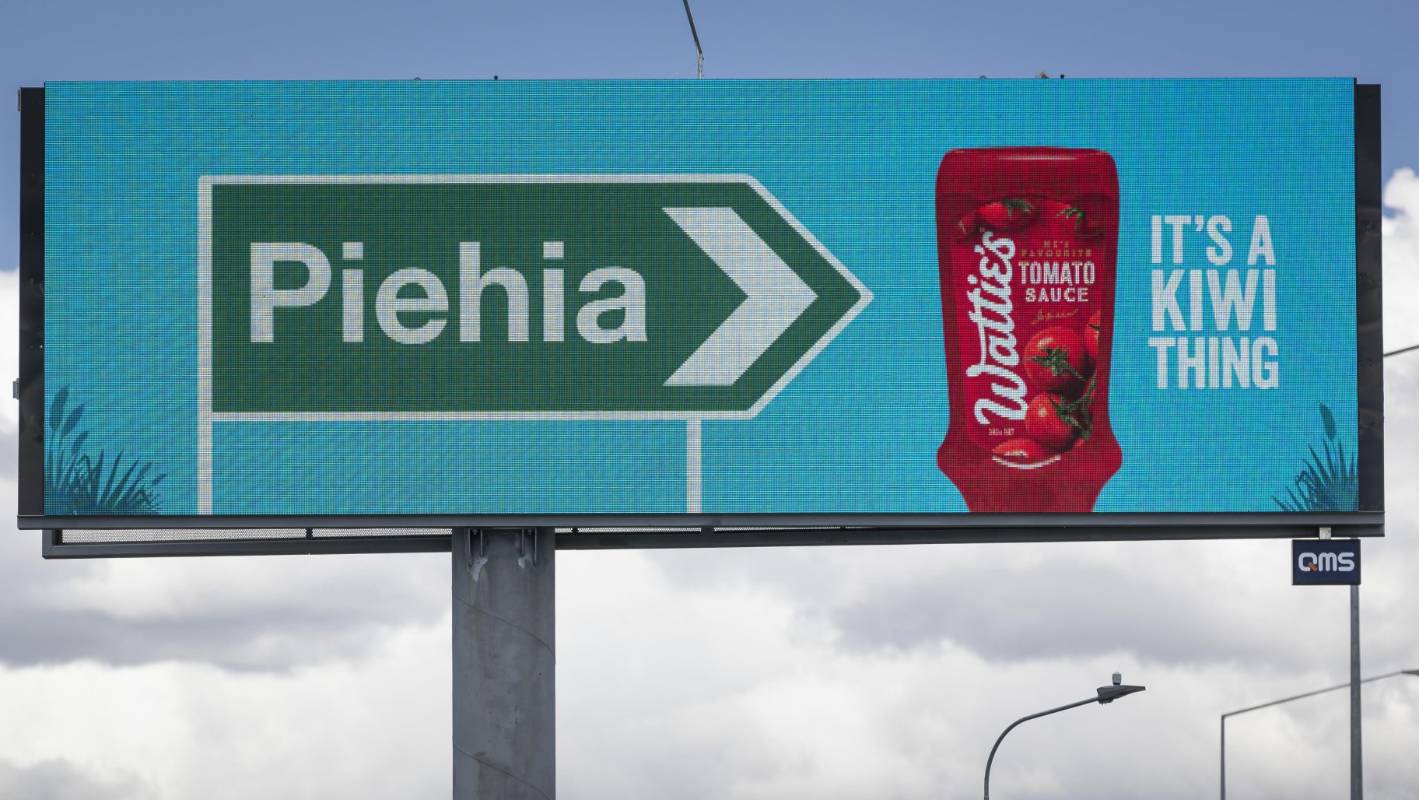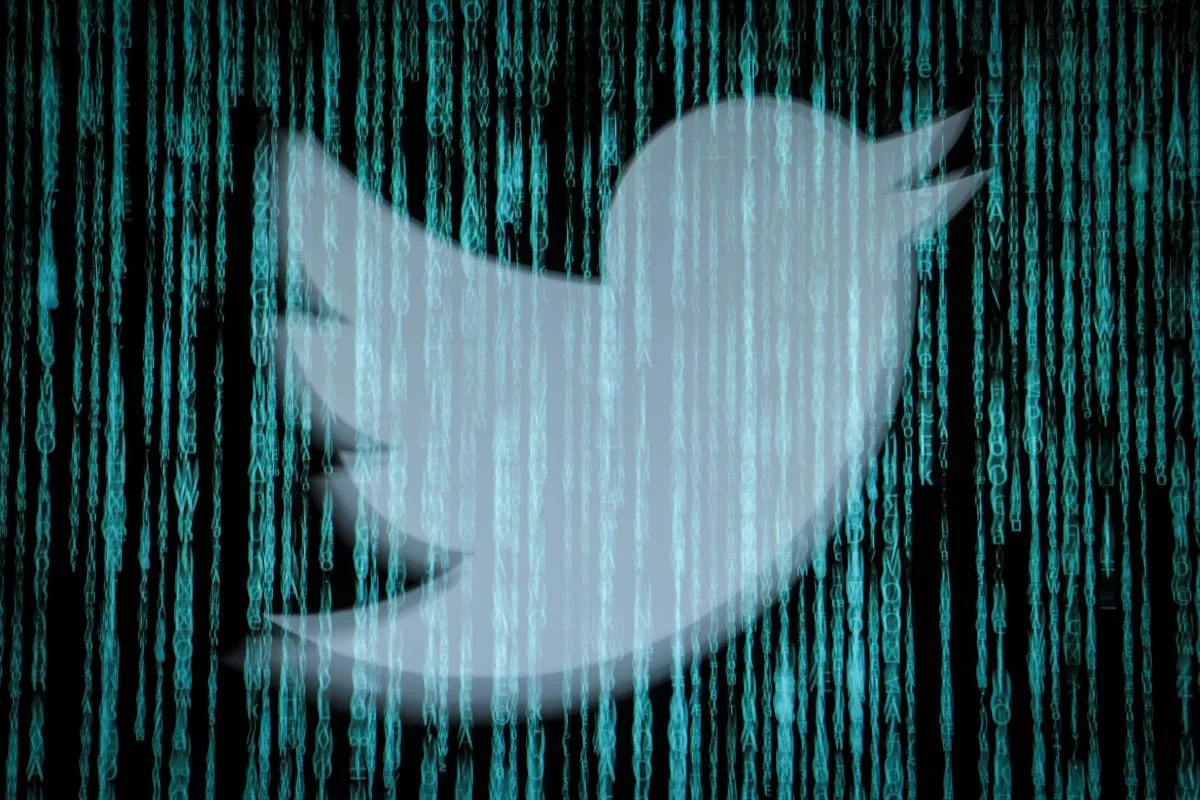Table of Contents
The Atlantic has a great article about the irrelevance of social media. Mostly it is a cesspit of leftists arguing about who is more woke. It doesn’t matter and Twitter is not the real world.
On December 26, a single tweet by a British lawyer with 178,000 followers, announcing that he had killed a fox with a baseball bat, made the front pages of two major newspapers.
Yes, it was a quiet news day. But Twitter has become journalists’ easiest and most reliable source of cor-blimey (or OMG, to American readers) stories, because all of human life is there, and it’s searchable. It is also the world’s wire service: Just look at Donald Trump, who drops his unfiltered thoughts straight onto Twitter, confident that they will be picked up by journalists. For anyone interested in politics, it is the closest thing to a global community center, or a small-ads section—the virtual room where it happens.
All of this gives the social network—and its most active users—outsize power to shape the political conversation.
Except, as we saw in 2016 in the US, in 2019 in Australia and the United Kingdom, all the woke tweets from celebrities and the angry left mattered not a jot to the vast majority of voters.
British tweeters skew left and toward remaining in the European Union, which reflects their demographic makeup. “On average social media users are younger and better educated than non-users,” wrote the researchers Jonathan Mellon and Christopher Prosser in 2017. Users were also more likely to live in cities, “particularly wealthier areas with younger populations.” This phenomenon has been more thoroughly studied in the U.S., where The New York Times has reported that “the views of Democrats on social media often bear little resemblance to those of the wider Democratic electorate.” Active political tweeters in America were whiter, more left wing, more likely to be college educated, and less likely to say that “political correctness was a problem” than primary voters as a whole. Given the faux-democratic promise of social media, it is ironic that it has created a new establishment with roughly the same tight demographic boundaries as the old one.
And one that is out of touch with the majority of voters. The skew would be even more pronounced in New Zealand.
[…] the demands of the Twitter Primary risk saddling politicians with fringe positions they will struggle to moderate later. The stridency of highly polarized voices online also has a chilling effect on less engaged and less confident tweeters. The echo chamber of social media reassures those extreme voices that they are in fact the mainstream, even convincing Labour activists that the party was not set for a wipeout in the general election—before it received its worst result in almost a century.
How often do we see New Zealand media picking up on outrage expressed on social media and then amplifying the few angry rants of the perpetually angry to try to persuade us that the outrage is real? It isn’t real and threats of boycotts made in social media are almost never followed up by actual action. The woke corporates who cave to social media bullying deserve all the grief they then encounter after caving in to the mob. Political parties are particularly susceptible to believing that the mob represents the entire community. It doesn’t.
Here’s one example of the Twitter Primary in action. In December, the Labour politician Rebecca Long-Bailey wrote an article that was seen as her pitch to be the party’s next leader. It was published in The Guardian, a newspaper that backed Corbyn’s Labour, and Long-Bailey herself is the anointed successor of Corbyn’s right-hand man, John McDonnell. The piece was mostly bland, but one phrase stood out: “progressive patriotism.” The top Twitter results for that phrase show the tenor of responses from the left. “We’re now an electorate that can only be bought with racism,” reads one tweet with 1,400 likes. “Or ‘progressive patriotism’, to give it its latest fancy name.” (In the piece that officially launched her campaign, Long-Bailey did not repeat the phrase.) Yet to read so directly across from “patriotism” to “racism” is a fringe position. Some 67 percent of Britons describe themselves as “very” or “slightly” patriotic.” Telling two-thirds of the country that they are secretly racist is a courageous electoral strategy.
And Labour wonders why they lost. We see this here: the cause du jour is cultural appropriation. If a company make an ad campaign that the Twitter mob thinks disrespects Maori, then they are automatically branded as racist no matter how far from the truth that is. The classic case was a Maori fish and chip shop owner outraged at a Watties campaign that cleverly renamed places. He complained, via social media and was amplified by a desperate media seeking to profit from outrage. No one in the media even asked why the fish shop owner thought it was dreadful to mangle Maori place names while at the same time mangling the English language with the name of his “Fush” shop.

The genuine fury from the left at people three inches closer to the political center reflects a turbocharged tribalism. Freud called this “the narcissism of small differences”; the legal scholar Cass Sunstein calls it “group polarization,” where “deliberation tends to move groups, and the individuals who compose them, toward a more extreme point.” In his 2019 book Conformity, Sunstein noted that “confident people are both more influential […] and more prone to polarization.” One consequence of group polarization, he found, was that those who held a minority position, or had useful information that ran counter to the prevailing trend, stayed silent or were ignored. Their groups therefore made worse decisions.
This also leads to the cancel culture. Again we have seen this here, most notably the vitriol and abuse heaped upon a tour by Lauren Southern and Stefan Molyneaux, followed up quickly by a university hiding behind health and safety to make sure that Don Brash couldn’t be heard. Of course, the cancel culture was used to good effect by Nicky Hager and his fellow travellers in the media with Dirty Politics. It’s with some irony then to see one of the major proponents of cancel culture in the aftermath of Dirty Politics, John Drinnan, now coming out on the side of free speech. He mounted a jihad against everyone in Nicky Hager’s book, ringing advertisers, sponsors and employers attempting to get people de-funded or sacked for merely being an associate in some way with Cameron Slater.

An excess of certainty leads activists to bad decisions and misapprehensions. Spend enough time on Twitter and you could believe that Corbyn “won the argument” in December, despite losing the general election. The postmortem on Labour’s defeat risks being hampered by a pervasive sense on social media that the party didn’t really lose, not really: Well, everyone I know voted for Corbyn. Activists may intellectually concede the reality of the Conservatives’ 80-seat majority, but it doesn’t feel like the Tories won. And that means there is less reason for them to support a change in tactics.
Again, we see this here. We have seen it under the John Key government when Labour supporters spent nine years abusing and attacking voters for making the wrong choice. We also see it amongst National supporters who believe that they were cheated at the last election. They constantly whinge that the Prime Minister was selected not elected, and somehow think that the voters got it wrong. Without a shred of logic, they complain it shouldn’t be like that. They are in as much denial about the reality of New Zealand politics as the Democrats are after losing in 2016.
The small-p politics of culture journalism is also affected by tweeters’ lack of awareness of being exceptions rather than representatives of mainstream opinion. The journalist Jesse Singal recently published a post arguing that “super-wokeness is mostly an elite phenomenon.” Singal noted that Dave Chappelle’s latest Netflix show was widely condemned in ways that suggested everyone was offended by it, although, as he wrote, “the best data we have suggest that the vast majority of Americans view political correctness as a problem … The opinions most commonly represented in mainstream progressive outlets are not held by the masses, including by the groups seemingly with the most at stake.” He’s right: Ultra-liberal attitudes to race and gender are indeed not held by the masses, including racial minorities. But, crucially, they are held by the peers of the journalists writing those pieces, with whom these journalists hang out on Twitter. Once again, the cloistered world of Twitter is creating a false sense of consensus.
The disease is prevalent here too as we can see all too often on the pages of the NZ Herald who are becoming more and more woke every day, and more and more broke as people resile from their endless campaigning. If media want to be involved in politics they should form a Media Party and see how they really get on. They won’t of course, they are deluded as CNN, MSNBC and the NY Times. You’d think they’d look at audience figures and work out that the market is telling them they are wrong.
There is, of course, nothing wrong with people having strong opinions on social media. (I may even have succumbed to this temptation myself on occasion.) But the distortions of the Twitter Primary reach far beyond the social network’s limited audience—into all the organizations that allow Twitter to guide their journalism. Such outlets, in these tough economic times for media, are almost everywhere. After all, the proverbial water cooler is right there in reporters’ fifth browser tab.
Sadly, I don’t think they can work it out.
What’s the answer? First, activists on Twitter should understand that their opinions, though valid, are not as widely shared as they may believe, even among their own political allies. They should resist the urge to assume that they are representative of mainstream opinion, that they “own” left and liberal parties, or that they have the sole right to rule on what is offensive. Using Twitter makes you exceptional. Being highly politically engaged makes you exceptional. That can be a neutral fact—as long as it is recognized.
Second, there is no point in demanding that journalists get out of the “Westminster bubble” or the “East Coast bubble” if they’re still stuck in the Twitter bubble. It is a place where a fox murder is the biggest news of the day, patriotism is racism, and Jess Phillips is a Tory. In other words, it’s nowhere close to reality.
No, it isn’t reality, but National’s troll farm and the nasty left think it is, and come election day there will be a few surprises. Twitter is like the Matrix for those mired in its negativity. It isn’t real, but those on the forefront of political debate on Twitter think it and that what they tweet matters. It doesn’t, the world sails on mostly oblivious to the mad rantings of folk on Twitter.









